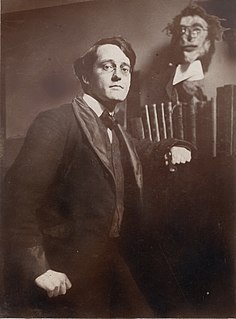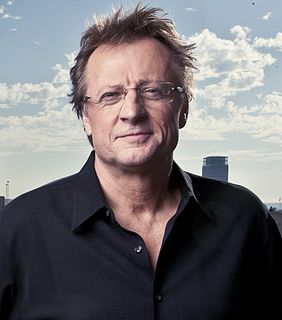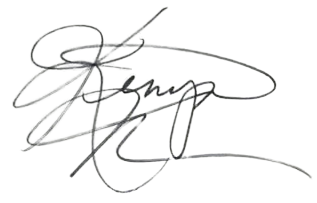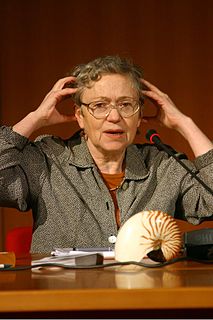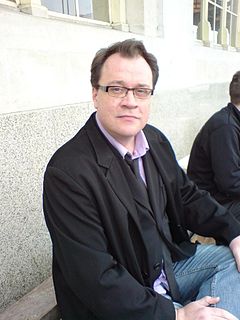A Quote by Robert J. Sawyer
I'm often characterized as an optimistic writer, and certainly my 'Neanderthal Parallax' and 'WWW' trilogies shade toward the utopian. I like to think that's not simple naivete, but rather a reasonable approach.
Related Quotes
In media coverage of the war, Afghans are often characterized as corrupt and deceitful. There has certainly been plenty of corruption and deceit in this conflict, but why? What inspires these behaviors? In 'Green on Blue,' I wanted to render a world that is often overlooked: that of the average Afghans who are helping America wage its war.
When any relationship is characterized by difference, particularly a disparity in power, there remains a tendency to model it on the parent-child-relationship. Even protectiveness and benevolence toward the poor, toward minorities, and especially toward women have involved equating them with children.
Writer-directors are a little bit more liberal, rather than having just the writer on the set, because I think sometimes the writer becomes too precious with the words. If you're a writer-director, you can see what you're doing and see your work in action, so I think you can correct it right there and still not compromise yourself.
Maybe I can pull at my breast in a kind of futile attempt to develop a woman's breast. It's not that simple to become a woman. But I think what was important, when I think back on that work, is something like The Little Engine That Could. It's me saying, I think I can, I think I can. Though I'm doing something I obviously can't, it's the process toward it that is important. The will toward it, the effort . . . My work was about getting to a place that you couldn't get to.



